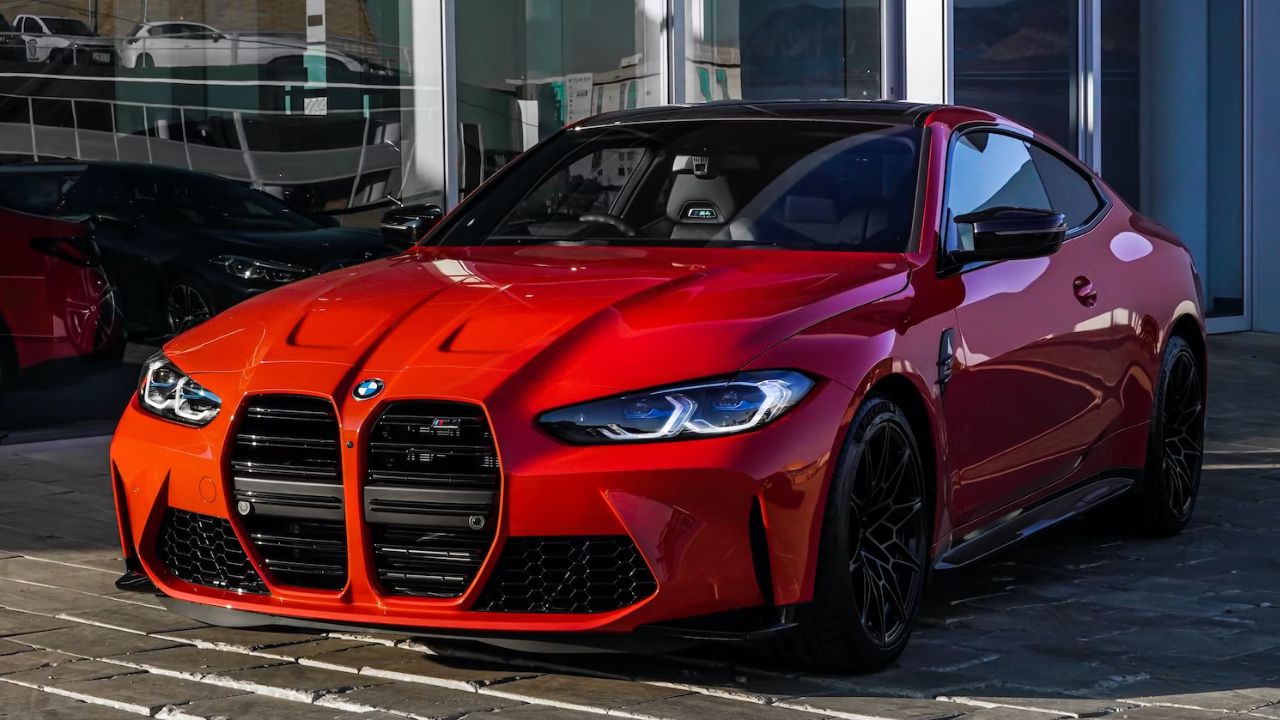By Avishek Banerjee
As well-heeled consumers continue to make expensive purchases, luxury carmakers have managed to record double-digit growth in sales during the first nine months (January-September) of this calendar year.
This is despite the challenges plaguing the automotive industry such as inflationary pressures, high-interest rates, supply chain crisis, prolonged waiting periods of high-end models, rise in vehicle prices, etc.
The size of the luxury car market in India was 41,000 in 2018 but fell to 18,000-19,000 units in 2020, the year when the country was hit by the Covid outbreak. In 2022, luxury carmakers sold 36,000 units. Industry estimates suggest that the numbers have reached around 33,000 units year-to-date (YTD) during the first nine months of this year and are poised to reach 43,000-45,000 units during 2023.
Puneet Gupta, Director (India & ASEAN Automotive Sales Forecast), S&P Global Mobility, said, “3R’s – Rise in millionaires, Replacement demand and Rising aspirations are fueling the growth of the luxury car market in India. High growth is expected to continue even in 2024/2025 due to pent-up demand.”
Mercedes Benz
Luxury car market leader Mercedes Benz India posted its best-ever nine-month sales in the January to September 2023 period at 12,768 units, up 11 percent year-on-year. The German luxury carmaker sold 11,469 units last year.
“Strong desirability for Mercedes-Benz cars buoyed our January-September sales momentum. However, we were not able to supply as per the full market potential, especially for new products like the GLC; though we are making every effort to fulfil customer expectations, despite current supply chain challenges,” Santosh Iyer, Managing Director & CEO, Mercedes-Benz India said in a statement.
Mercedes Benz India revealed that it saw a growth of 22 percent YTD growth in its top-end vehicles (TEVs), which comprised one out of every four Mercedes sold in India.
BMW
Similarly, BMW Group posted record sales of 9,580 units of luxury cars across its BMW and MINI brands during the period. The total sales of BMW and MINI-branded vehicles were 10 percent more than around 8,600 units sold during the same period last year.
“Our business strategy is playing out well and there are many important factors driving success for us. Most importantly, we are achieving growth across segments in a healthy, balanced and profitable manner. Whether it is the top-end or entry-level, BEV dominance or SAV popularity, our segment-specific strategies and tremendous customer connect are yielding excellent results,” Vikram Pawah, President, BMW Group India, said in a statement.
The German luxury carmaker claimed that it continues its dominance in the electric luxury segment on the back of its “most diverse electric portfolio” such as the BMW i7, BMW iX, BMW i4 MINI SE and very recently the iX1. It also claimed that it delivered five times more electric vehicles during January-September 2023 than in the same period in 2022.
“We will keep the excitement up with powerful launches from our stable and are dedicatedly focused on ending 2023 on a high note,” added Pawah in the release.
Audi
Another German luxury carmaker Audi posted an 88 percent jump in retail sales in India at 5,530 units during the first nine months of 2023 on the back of phenomenal response to SUV models, which saw its sales in the segment skyrocketing 187 percent during the same period. The company has already surpassed last year’s total sales by 1,343 units (4,187 units sold during the last calendar year).
Balbir Singh Dhillon, Head of Audi India, said, “With the upcoming festive season, we are expecting this growth to continue on the back of sustained demand for our bestsellers, including the A4, A6, Q3, Q3 Sportback, Q5, Q7 and Q8. With our recent launches, Q8 e-tron and Q8 Sportback e-tron, we now have the widest EV portfolio in the segment.”
Attributing the impressive sales performance to robust demand, luxury segment expansion, evolving demographics, and favourable economic factors, Dhillon noted that one out of every four customers is now a repeat Audi client, indicating high customer satisfaction.
Volvo
Volvo Car India recorded a 40 percent growth in the January-September 2023 period. The Indian arm of the Swedish carmaker retailed 1,751 cars during the period under review as compared to 1,251 units retailed in the corresponding period of last year.
The company claimed that the growth was primarily driven by the XC60, which contributed 35 percent to the total volumes. Additionally, 419 units of the locally assembled all-electric XC40 were sold during this period, accounting for 24 percent of the total units delivered.
“This success reflects customer confidence and our commitment to providing premium, sustainable vehicles to the Indian market. We see an exciting fourth quarter ahead as we have also come up with an exclusive “Festive Delight offer” for our customers this season,” said Jyoti Malhotra, Managing Director, Volvo Car India.
The company also revealed that EV sales accounted for 27 per cent of total sales during the first nine months of 2023.
JLR India
Meanwhile, JLR India reported its best-ever H1 performance with record sales of 2,356 units and a YoY growth of 105 percent during the April-September 2023 period. (Total units sold during January -September were not revealed by the company).
The Indian arm of Tata Motors-owned British carmaker claimed that strong half-yearly growth was driven by record sales in both quarters, with Q2 witnessing a 108 percent YoY growth and retails of 1,308 units.
Rajan Amba, Managing Director, JLR India, said, “The consistent growth in our order book exemplifies the growing strength of our brand and products in the hearts of Indian consumers. We will continue to introduce new products that are best suited to meet the discerning needs of our customers and invest in strengthening our brand desire and client experience.”
